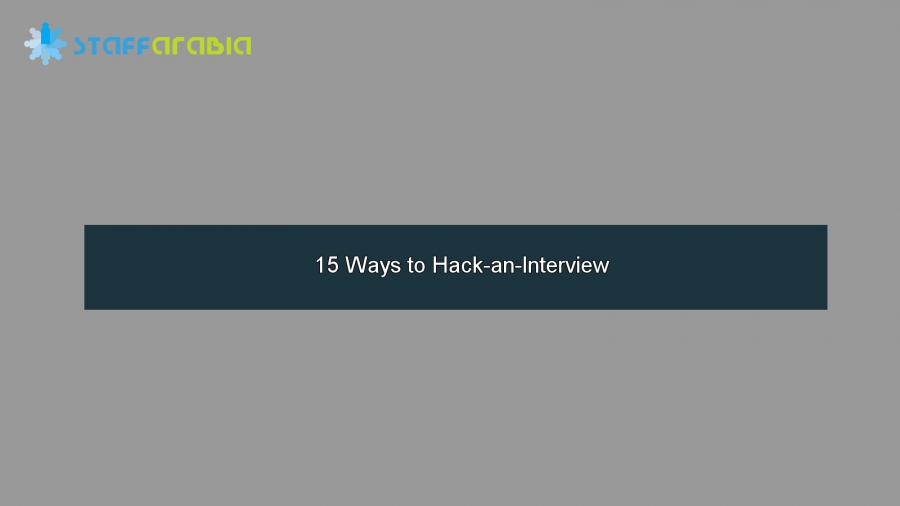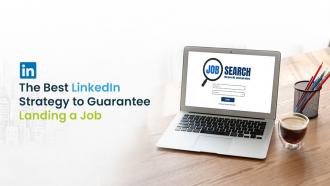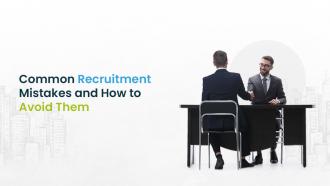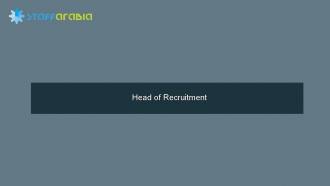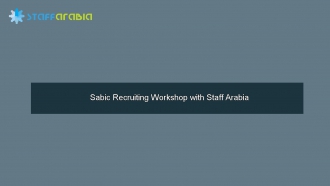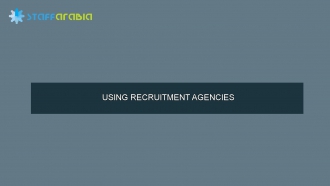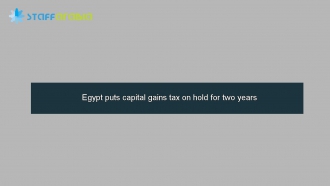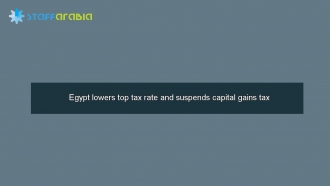
Hacking an interview isn’t about being able to answer questions properly. It’s about ensuring you’re being asked proper questions.
In this post I’ll describe how to make sure you’re interviewed accurately once you get the invite.
15 Ways to Improve the Odds You’ll be Interviewed Correctly
- Spend 8-10 hours becoming fully prepared to handle any oddball situation and present yourself in a professional manner. A job interview is as important as any major presentation. These take at least 8-10 hours to get ready and rehearse. Spend as much time trying out these ideas below.
- Do your homework about the company. Read the LinkedIn profiles of those who will be interviewing you. Look at all of the related open jobs that are posted. Read about the company on business sites, Glassdoor.com and read the latest press releases. You’ll use this info to generate great questions.
- Own your strengths and weaknesses. List your top 6-8 strengths on a piece of paper and include an example of an actual accomplishment to prove each one. Interviewers will remember the example, not the hyperbole. Do something similar with weaknesses but in this case demonstrate how you’ve grown or changed as a result.
- Prepare a write-up for two accomplishments for each of your past few jobs. Be prepared to discuss in detail one major individual accomplishment and one major team accomplishment for each of the last few jobs over the past 5-10 years.
- Use the universal answer to any question. Here’s an article describing how to answer any question. Here’s the video version. The key is to present a detailed example to prove any general statement and you need to do it in about one to two minutes. No more. No less.
- Clarify real job needs early in the interview. Ask the interviewer to describe some of the challenges in the job, the focus of the job, the team issues and things that need to be addressed, improved or fixed. You’ll use your accomplishments to prove you’ve handled similar challenges.
- Ask forced-choice questions. Is (skill) important for success in this position?Ask this question if the skill is one of your strengths, you know it’s part of the job, and it hasn’t been addressed yet. Then give your two-minute answer with a great example. This is a great technique to make sure the interviewer covers all of your strengths.
- Ask great questions via a needs analysis. Ask about problems, resources, timeframes, bottlenecks and people challenges. Then give examples of past accomplishments in which you have successfully handled comparable situations. The quality of these questions demonstrates true insight regarding actual job needs.
- Prepare a one-page job proposal. If you can roughly describe how you’d plan and solve the biggest challenge the hiring manager is facing you’ll become a finalist. 1-Page.com offers a great way to practice this. Preparing it ahead of time might even land you an interview.
- Reverse engineer the Performance-based Interview. Here’s a complete interview template I've extracted from my book, The Essential Guide for Hiring & Getting Hired. If you go through it and prepare answers for each of the questions, you’ll be in good shape when it comes time to be interviewed.
- Insist on a phone screen to overcome a less than stellar first impression. A phone screen focusing on general fit and a review of the candidate’s most significant accomplishment increases objectivity by minimizing the impact of a weaker first impression.
- Prove you’re not overqualified. Despite your competency to handle a job,you are over qualified if you haven’t done the work that needs to be done somewhat recently. Hiring someone is more about determining their motivation to do the work. That’s why you’ll need to prove motivation by demonstrating recent accomplishments.
- Expect to be nervous. You will be less nervous if you practice all of these ideas, especially the two-minute egg timer exercise described in this post. Even if you are a bit nervous, asking a question will force the interviewer to answer it, giving you a few moments to recover.
- Ask about next steps. At the end of the interview tell the interviewer you’re interested, but would like to know the next steps. If the interviewer is vague, ask if there is something in your background of concern and then attempt to overcome it with your best two-minute example.
- Neutralize all negatives, aka “No Surprises.” Don’t try to hide problems like too much turnover, being fired, no degree or being too non-perfect. Instead, anticipate the problem and address it up front by describing how it’s enabled you to become a stronger or more dedicated employee. An end-game negative surprise will end the game.

